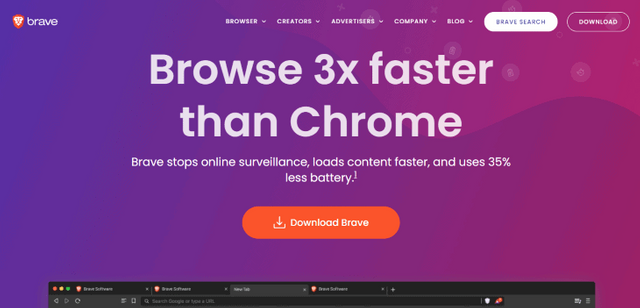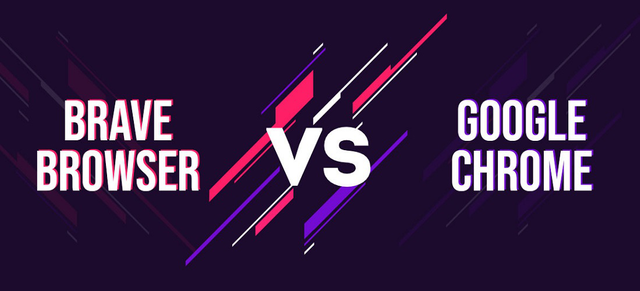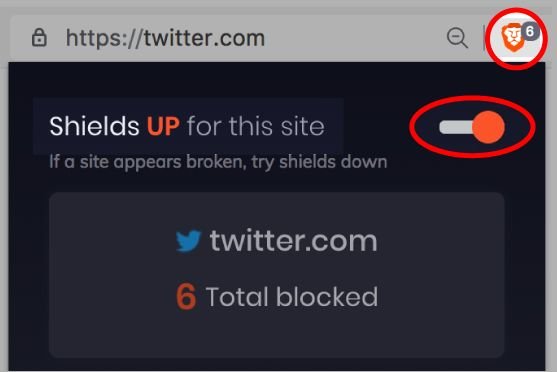
As of today, the Google Chrome browser retains a market share of 65 to 70 percent. However, this appears to be changing fast. If you’ve been following the growth and development of the new Brave browser over the last few years, you’ve likely seen a positive trend. In this post, we recently did a deep dive into the Browser to determine which is better: Chrome or Brave.
We’ll go through a variety of different features in this head-to-head comparison. First and foremost, we will discuss UX/UI, performance, and features.
We’ll go through some popular Brave browser myths and misunderstandings. If you’re new to Brave, let’s quickly go over what it’s all about and why it’s getting so much traction. According to the creators, Brave is attempting to repair the internet.

They created a method that automatically blocks advertisements and ad trackers, removing the need for ad block plugins. Because of these features, Brave is a viable candidate for broad adoption.
Many people saw Brave as the future of Chrome because of its unique design. Chrome is jam-packed with valuable add-ons. The browser organizes your digital life across numerous devices.
They created a method that automatically blocks advertisements and ad trackers, removing the need for ad block plugins. Because of these features, Brave is a viable candidate for broad adoption.
Many people saw Brave as the future of Chrome because of its unique design. Chrome is jam-packed with valuable add-ons. The browser organizes your digital life across numerous devices.

Speed
- Unlike Chrome, Brave blocks ads and trackers by default.
- This allows websites on Brave to load noticeably faster than on Chrome. Below is a speed test between Brave, Chrome, and Firefox.
- Brave tracks the time it saves you, and displays it when you open the browser.

Privacy
- Brave blocks ads by default (unlike Chrome, which requires a 3rd-party extension such as AdBlock).
- Brave blocks 3rd-party tracking by default.
- On Chrome, mega-advertisers like Google and Facebook use 3rd-party cookies to track your browsing on nearly every
website. - By blocking 3rd-party cookies, Brave limits the amount of data Facebook, Google, and other ad networks can collect
about your browsing habits. - Brave stores all your browsing data locally on your computer, which means you can delete it at any time.
- Brave supports Tor browsing, making it the first all-purpose browser to do so.
Security
Brave automatically encrypts your website connection when possible (on Chrome, this only occurs with an extension like HTTPS Everywhere).
Brave now supports all Chrome extensions, including popular password managers like LastPass and 1Password.
Drawbacks of Brave
Every once in a while, Brave blocks part of a website that you wanted to load.
When this happens, it's easiest to click the lion icon, and toggle the shield to down.
Since the latest Brave update, this is rarely necessary (maybe once per week).
